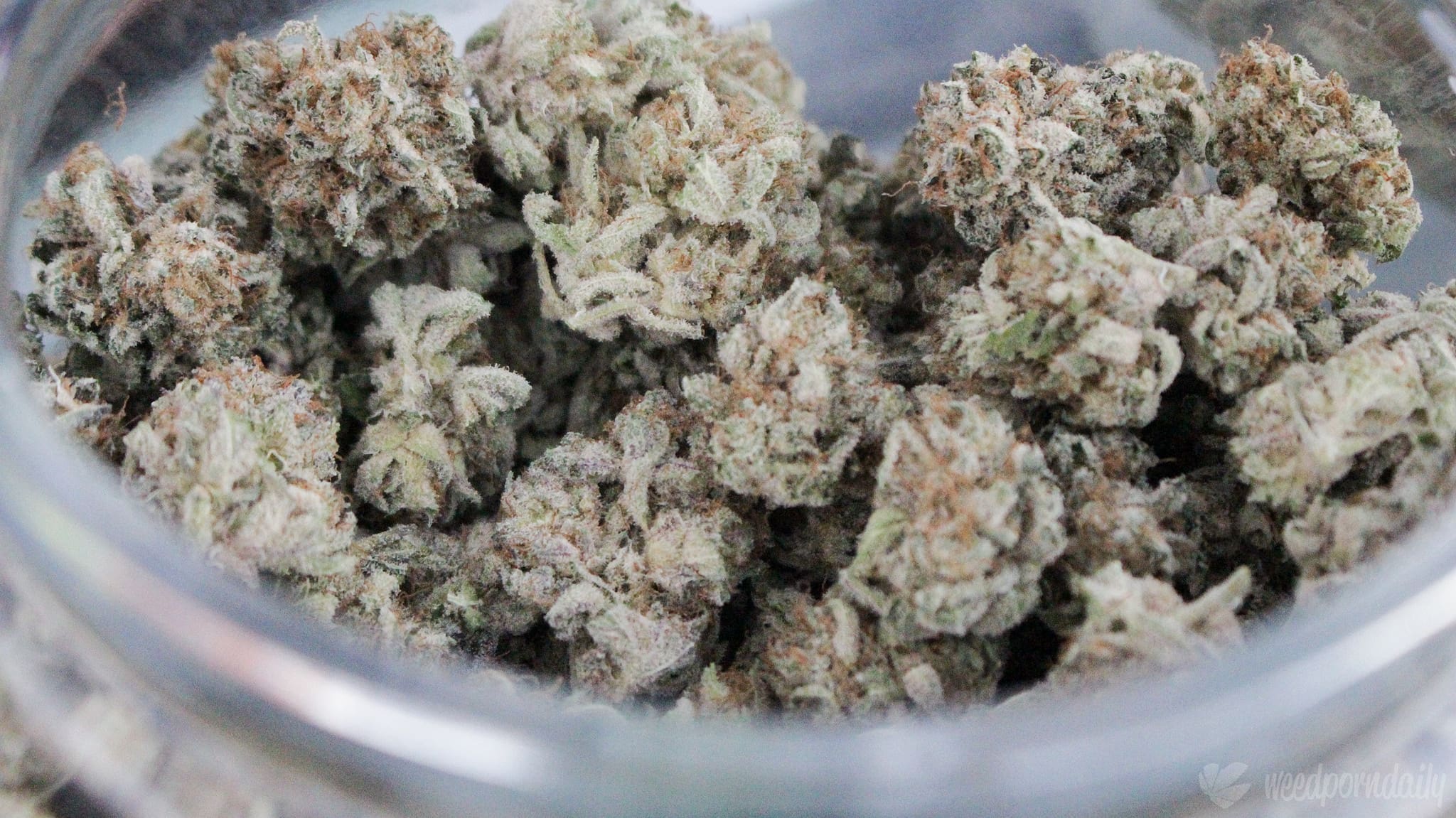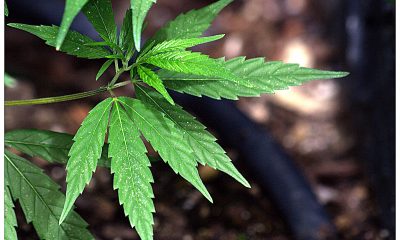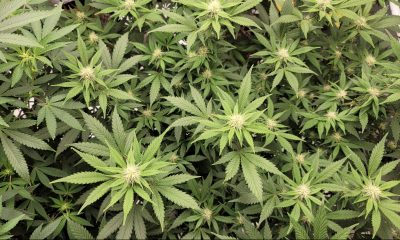Politics
Delaware Lawmakers Approve Marijuana Legalization Bill

A Delaware House committee approved a bill to legalize marijuana for adult use in the state on Wednesday.
The legislation would allow people aged 21 and older to possess, consume and purchase certain amounts of cannabis. It also contains a number of social equity provisions, including expungements for individuals with prior possession convictions.
The House Revenue & Finance Committee signed off on the bill in a 8 to 3 vote. It now heads to the full chamber for consideration.
“Both the public and elected officials are recognizing that cannabis prohibition is a failed policy and that was reflected in the committee’s approval of HB 110 today,” Olivia Naugle, legislative coordinator with the Marijuana Policy Project (MPP), told Marijuana Moment. “We hope the full House will now follow the committee’s lead and vote to replace prohibition with sensible regulation.”
A majority of lawmakers in the state’s House voted in favor of a separate legalization bill last year but, because it dealt with taxes and fees, it required votes from 60 percent of the chamber and fell short of that supermajority threshold for passage.
If the current legislation is ultimately approved and signed into law, legalization will see a gradual rollout. A state marijuana commissioner will be responsible for issuing licenses and regulating cannabis businesses. Initially, only 15 retailers will receive licenses; three years after the effective date, additional retailer licenses could be approved if there’s sufficient demand.
The commissioner will also issue licenses for five testing facilities, 50 cultivation sites and 30 product manufacturers. Applicants will be scored based on several factors, including their diversity objectives, environmental sustainability plans and what kinds of benefits they will offer employees.
Existing medical cannabis dispensaries will also have a licensing advantage. Home cultivation would not be allowed under the bill.
Prospective marijuana businesses would have to pay a $5,000 application fee. There would also be a biennial $10,000 licensing renewal fee for retailers, testing facilities and product manufacturers. A month after the effective date, an 11-month transition period will occur, with cannabis sales taxed at 25 percent. Once the transition is over, sales would be taxed at 15 percent.
Revenue from those taxes would cover the costs of regulating the program and then the legislature would be tasked with allocating any additional revenue to programs it deems fit.
In written testimony submitted to the committee, the former chief of staff to then-Colorado Gov. John Hickenlooper (D) said that he voted against his state’s adult use legalization measure in 2012—but that he now feels that was a mistake.
“Most of our elected officials and community leaders were convinced it would lead to increased teen marijuana use, destroy our economy, and hamper the tourism industry, and I shared some of their concerns,” Douglas Friednash wrote. “I’ve now had six-and-a-half years to see the effects firsthand. And, I can can tell you none of this has come true, and my opinion has changed.”
“I urge Delaware, and other states, to follow the lead of Colorado and nine other states and replace cannabis prohibition with thoughtful regulation,” he said.
Naugle, of MPP, also testified before the panel, arguing that the legalization legislation would free up law enforcement resources, disrupt the illicit market and generate significant revenue for Delaware.
A fiscal note for the bill estimated that annual costs associated with the program would be about $1.3 million, in addition to the one-time implementation cost projection of $444,000. Those costs would be offset by revenue gained through fees and taxes, however, with the legislation projected to bring in anywhere between $9.4 million to $23.6 million each year.
The Law Enforcement Action Partnership also voiced support for the reform move. Judge Gordon McAllister, a speaker for the advocacy group, said in a press release that a “cornerstone of our democracy is acknowledging that we can always do better,” which is what the legislation does.
“We must change laws to fit the needs and best interests of our communities,” he said.
The favorable committee vote follows the passage last week of a marijuana legalization bill in Illinois, which is now being transmitted to the desk of pro-reform Gov. J.B. Pritzker’s (D). In Delaware, Gov. John Carney (D) remains skeptical about regulating cannabis sales, though, meaning the legislation may still face obstacles if the full House and Senate approve it.
But Wednesday’s development also stands in contrast to legislative happenings in New York and New Jersey, where legalization bills have stalled. Leading lawmakers in New Jersey said that the issue will be placed on the 2020 ballot, leaving it up to voters instead. In New York, just days remain in the legislative session, with advocates pushing hard to get a pending legalization proposal a vote before time runs out.
Congressional Report Raises Questions About Whether Marijuana Impairs Driving
Photo courtesy of WeedPornDaily.
















